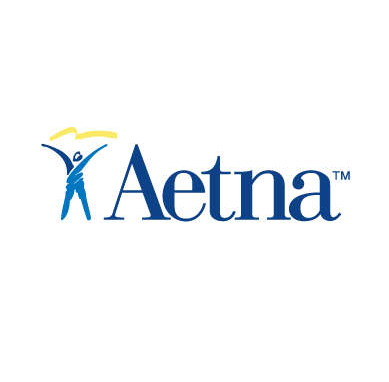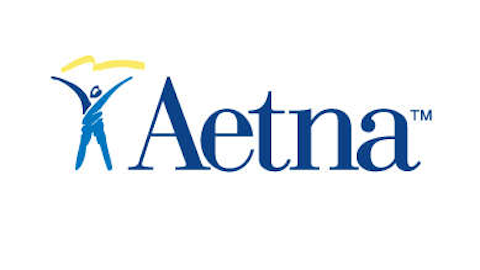Health care reform has caused investors to become anxious about the future of companies tied to the health care industry. These feelings of uncertainty are warranted given that nobody knows exactly what the industry will look like in five or 10 years. However, in some cases investors’ worries are overdone, which has led to cheap companies looking to be scooped up by the enterprising investor.
The future of managed care organizations is particularly up in the air. While some aspects of the health reform legislation is beneficial to the companies, other aspects are detrimental. MCOs will inevitably receive greater oversight from regulators and will have less flexibility in pricing — the question for investors is whether the higher regulatory burden will be enough to dampen future profits to the point where the current stock valuations are warranted.
Uncertainty Breeds Opportunity

The company faces new taxes and pricing controls from the new health care legislation. But there are other sources of uncertainty in addition to the new regulations. Aetna Inc. (NYSE:AET) has had a mixed underwriting record over the last several years — among the most volatile in its peer group. This is an internal burden that does not affect the company’s competitors — a worrisome sign for potential investors.
However, while many investors fear Aetna Inc. (NYSE:AET)’s poor operating performance — combined with increased regulatory oversight — will crunch the company’s margins, other investors are looking at all of the reasons to buy the stock.
Among other positives, Aetna Inc. (NYSE:AET)’s recent purchase of Coventry Health Care gives it a larger base of customers that will allow it to earn more profit per customer in addition to adding to Aetna Inc. (NYSE:AET)’s bargaining power with providers. Economies of scale and bargaining power are the two keys to MCO’s business model.
In addition, Aetna Inc. (NYSE:AET) can multiply the effect of adding new customers by cross-selling its products. By cross-selling to existing customers, Aetna can grow its revenues per customer at a low cost. As a result, investors should expect more acquisitions in the years ahead.
Competitors
Aetna faces stiff competition from the likes of WellPoint, Inc. (NYSE:WLP) and UnitedHealth Group Inc. (NYSE:UNH).
WellPoint, Inc. (NYSE:WLP)’s stock price has fallen as a result of concerns about the impact of health care reform on the company’s profitability. Already operating with razor-thin margins, further regulation may make it difficult for WellPoint, Inc. (NYSE:WLP)to compete profitably.
In addition, WellPoint, Inc. (NYSE:WLP)’s close business relationship with the non-profit Blue Cross and Blue Shield organization requires it to keep an unusually conservative balance sheet. This limits the company’s flexibility in acquiring companies in pursuit of growth.
On the other hand, UnitedHealth Group Inc. (NYSE:UNH) has an enormous network of health care providers, which enables it to acquire customers at a lower cost due to its superior offering. Its wide customer base, in turn, affords it significant bargaining power with which it can then offer its customers lower prices. As a result of this network effect and economies of scale, UnitedHealth Group Inc. (NYSE:UNH) is in a great position in the industry.
Investment Decision
However, while UnitedHealth Group Inc. (NYSE:UNH) clearly has a superior business, its stock price is not quite as attractive as Aetna’s. At just 9 times earnings, Aetna is attractive for investors who believe that its future profitability will not be significantly reduced by underwriting troubles or health reform.
The article This Managed Care Organization Is Available at a Bargain Price originally appeared on Fool.com and is written by Ted Cooper.
Copyright © 1995 – 2013 The Motley Fool, LLC. All rights reserved. The Motley Fool has a disclosure policy.




